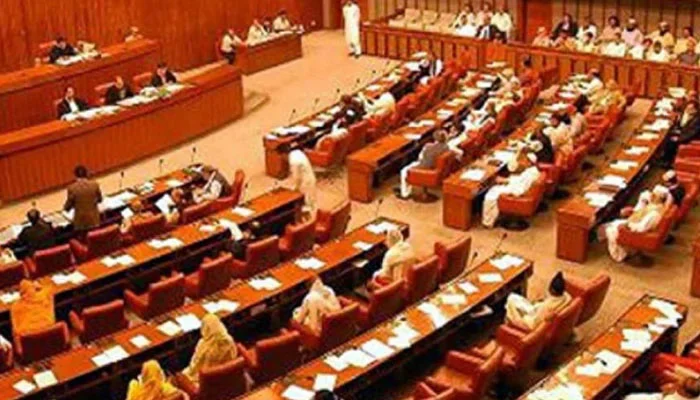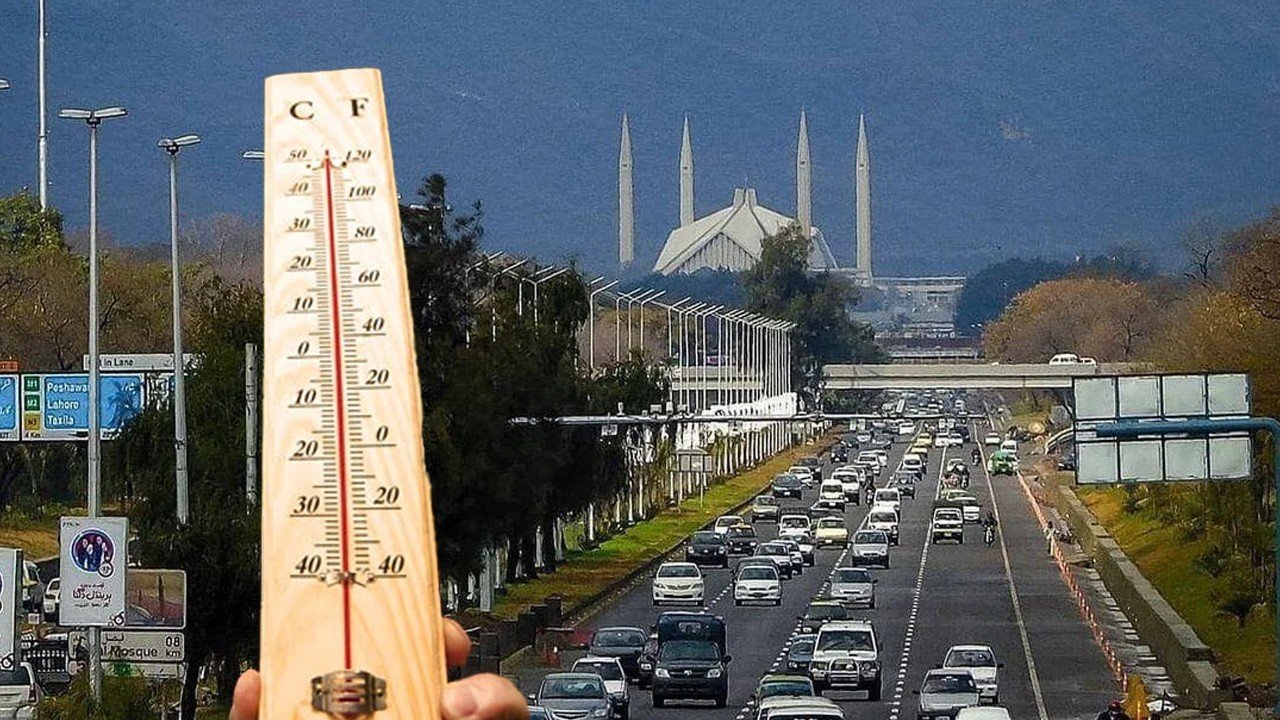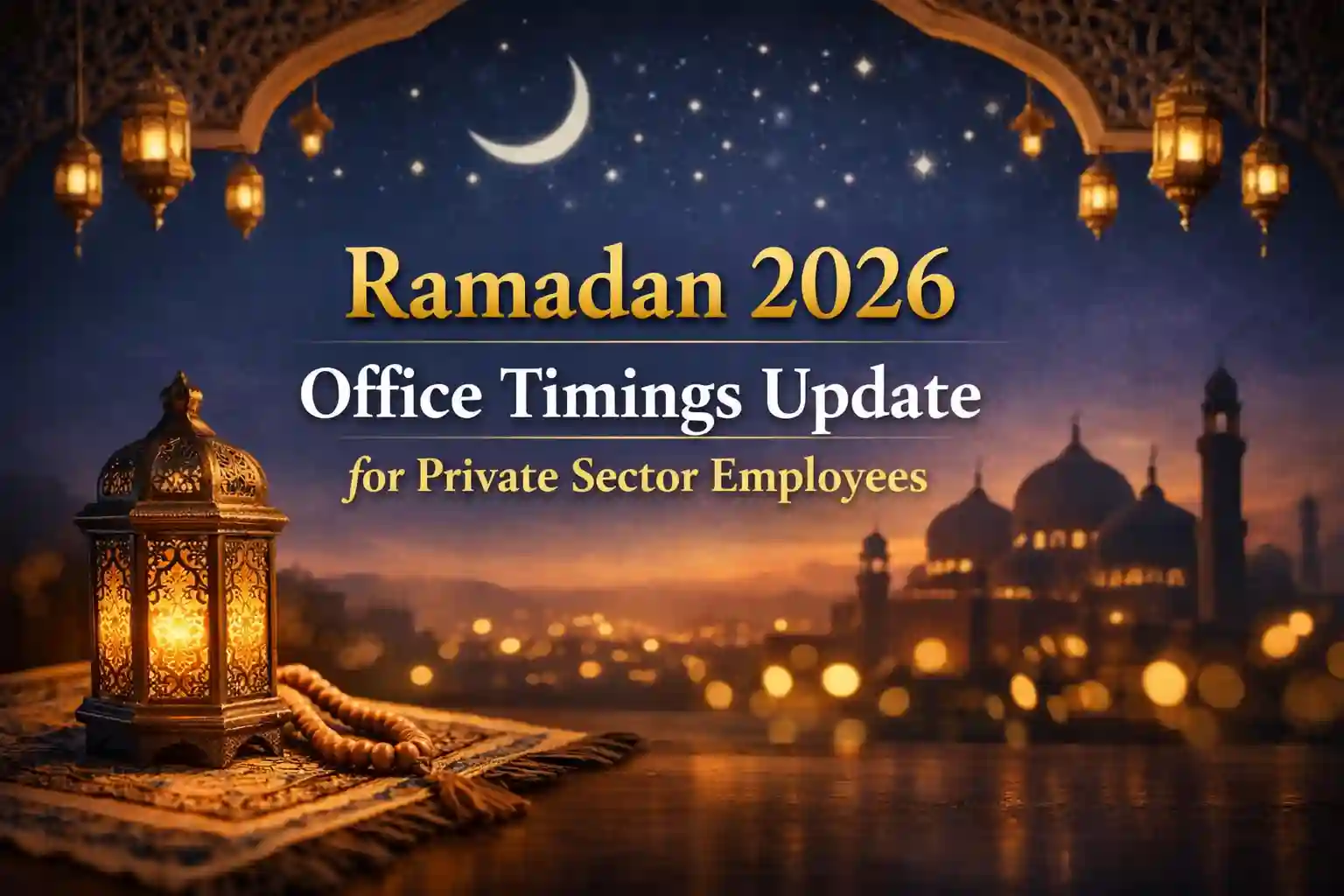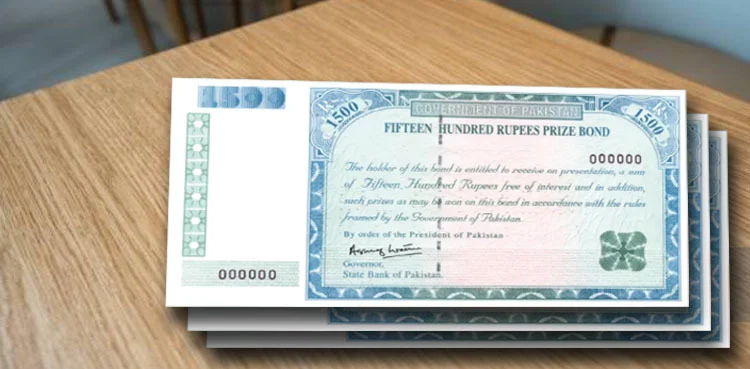The Dual Citizenship of Government Servants Bill will now be presented to the Senate for further discussion.
Pakistan Moves to Ban Dual Nationality for Civil Servants. The Senate Standing Committee on Cabinet Secretariat has approved a bill to bar government employees from holding dual citizenship, moving forward with the legislation that has drawn mixed reactions from lawmakers.
The bill, titled “Civil Servants Amendment Bill 2024,” was introduced as a private member’s bill by Senator Dr. Afnanullah of the ruling Pakistan Muslim League-Nawaz (PML-N) on September 9, 2024. After consideration, the committee approved the bill by a majority vote.
The amendment to Section 5 of the Civil Servants Act, 1973, will bar any person holding foreign citizenship from being appointed as a government employee in Pakistan.
The bill also states that government employees who marry foreign nationals without prior government approval will be guilty of indecency with a government employee.
The statement of objectives of the bill states that the current procedures for appointment to civil service posts are governed by the Civil Servants (Appointment, Promotion and Transfer) Rules, 1973. Rule 13 clarifies that candidates must be Pakistani citizens, although the Establishment Division can grant exemptions. However, under the new amendment, this exemption will not apply.
During the committee meeting, Senator Aimal Wali Khan argued that the restrictions on dual citizenship should extend beyond government employees. He said the same law should also apply to the judiciary, defense institutions and intelligence agencies.
Senator Sadia Abbasi of the PML-N opposed the bill, saying that the matter should be left to the discretion of the prime minister. “The prime minister is yet to decide on this matter, and we should await his directions,” she said.
The debate also discussed the wider implications of dual citizenship within the government. Senator Afnanullah asked why the Citizenship Act, which allows dual citizenship, is not applicable to politicians. The representative of the Ministry of Law and Justice replied that banning dual citizenship for politicians would be discriminatory.
Officials of the Establishment Division briefed the committee and informed that the work of collecting data on government employees with foreign citizenship is underway. So far, the responses of 10 ministries and departments show that one in the Cabinet Division, two from the Federal Board of Revenue (FBR) and 16 from Customs and Inland Revenue hold dual citizenship.
The issue of dual citizenship among government employees was earlier raised in a 2018 Supreme Court judgment, which directed the federal government to formulate a policy on the matter. Following this directive, the Prime Minister constituted a committee under the then Secretary Communications which submitted its recommendations on October 29, 2020. Later, a three-member sub-committee reviewed these recommendations before submitting them to the Law and Justice Division.
In its meeting on October 31, 2024, the Committee of Secretaries reconsidered the matter and constituted another committee to formulate policy recommendations regarding dual citizenship in government service. The report was later sent to the Law and Justice Department for legal scrutiny.
The Standing Committee also approved other legislative measures, including the Special Technology Zone Authority Amendment Bill, which empowers the Prime Minister to appoint members of the authority for a period of four years, and the Abandoned Properties Amendment Bill.
The Dual Citizenship of Government Servants Bill will now be presented to the Senate for further discussion.





